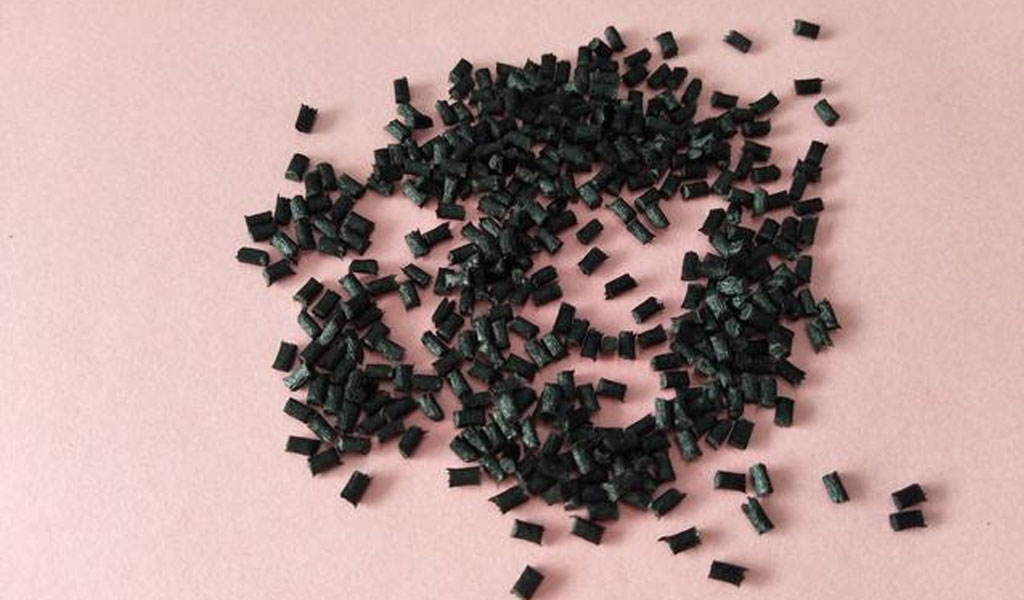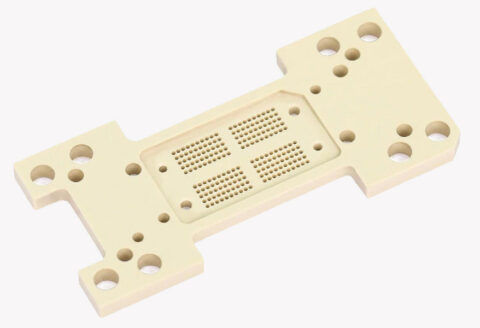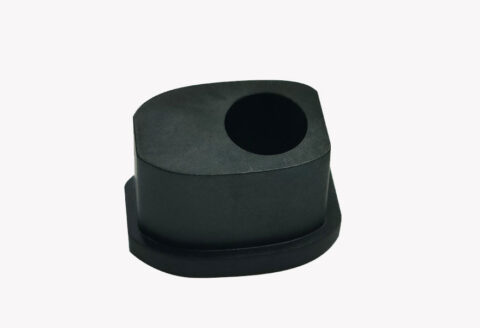
General-purpose plastics generally refer to polyethylene (PE), polypropylene (PP), polystyrene (PS), polyvinyl chloride (PVC), ABS, nylon (PA), etc. , Affect the wide range of plastic varieties.
Engineering plastics refer to plastics with excellent comprehensive properties that can be used as industrial components to replace metal materials. The plastic has excellent mechanical properties, heat resistance, creep resistance, electrical insulation, etc., but the price is relatively expensive and the output is relatively small. Polycarbonate (PC), polyester (PET), polyoxymethylene (POM), nylon (PA), polyphenylene ether (PPO), and polyphenylene sulfide (PPS) are known as the world’s six largest engineering plastics.
Special engineering plastics refer to engineering plastics with long-term use temperature above 150 ℃ and high comprehensive performance, including polyether ketone (PEEK,often used for cnc machining peek), polyarylate (PAR), polysulfone (PSF), polyphenylene sulfide (PPS), etc. Among them, polyphenylene sulfide (PPS) is known as the largest special engineering plastics.
PPS is widely used and is mainly used for:
Part1 Automotive Industry
The application of auto parts is the most widely used field of PPS. Since PPS not only has outstanding high performance such as continuous heat resistance, chemical resistance (gasoline, oil, etc.), but also greatly reduces the cost due to the improvement of production efficiency (injection molding). The application of PPS machining in new-use parts is accelerating, in addition to replacing previously used metal parts and phenolic resins, it can also replace nylon-based materials. In particular, electronic water pumps, IGBT modules, converters, impellers, thermostats, connectors and other new energy vehicle parts are more and more widely used. In the industrial machinery industry, impellers, blades, gears, eccentrics, bearings, clutches, wear-resistant parts, transmission parts, etc. can be produced.
Part2 Residential Office And Precision Equipment Use
PPS modified plastics are mostly used in water-related equipment represented by water heaters in residential equipment. The modified PPS series is suitable for precision equipment parts because of its low crystallinity, which is beneficial to dimensional accuracy. Excellent low friction and low wear properties are suitable for gears, bearings and other projects with special requirements for sliding characteristics. In applications such as laser copiers and 3d printing, PPS’s continued heat resistance and favorable sliding properties around gears or bearings can come in handy.
Part3 Electrical And Electronic
In the SMT process, in addition to high heat resistance, precision formability and dimensional stability, PPS also has high flame retardancy and can reach UL94 V-0 rating without adding flame retardants. These characteristics are the best molding materials for electrical and electronic components represented by connectors. For example, it can make transformer skeleton, high-frequency coil skeleton, plug, socket, wiring frame, contactor drum and various precision parts.
Part4 High-End Applications
The application of PPS machining is centered on its excellent heat resistance, taking into account its anti-friction and self-lubrication, chemical stability, dimensional stability, flame retardancy, electrical insulation, dielectric properties and excellent mechanical properties. It is widely used in aviation Aerospace, nuclear industry, electrical and electronic, food and medicine and other high-tech fields.
Due to the inherent flame retardancy of PPS, it can achieve high flame retardant grades without adding flame retardants. Therefore, it is considered by NASA as the promising special engineering plastic and selected as the eight special materials for space technology. one.

